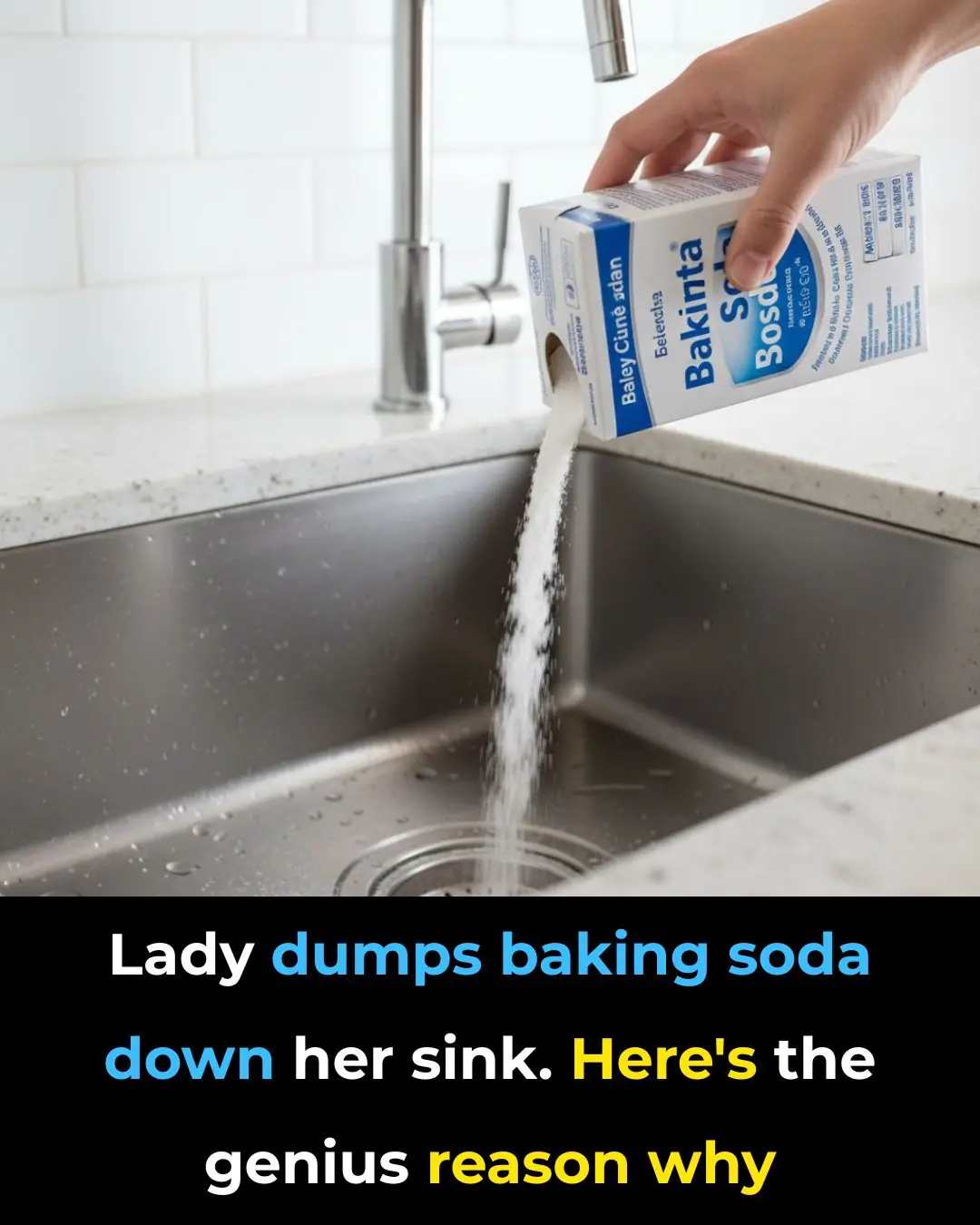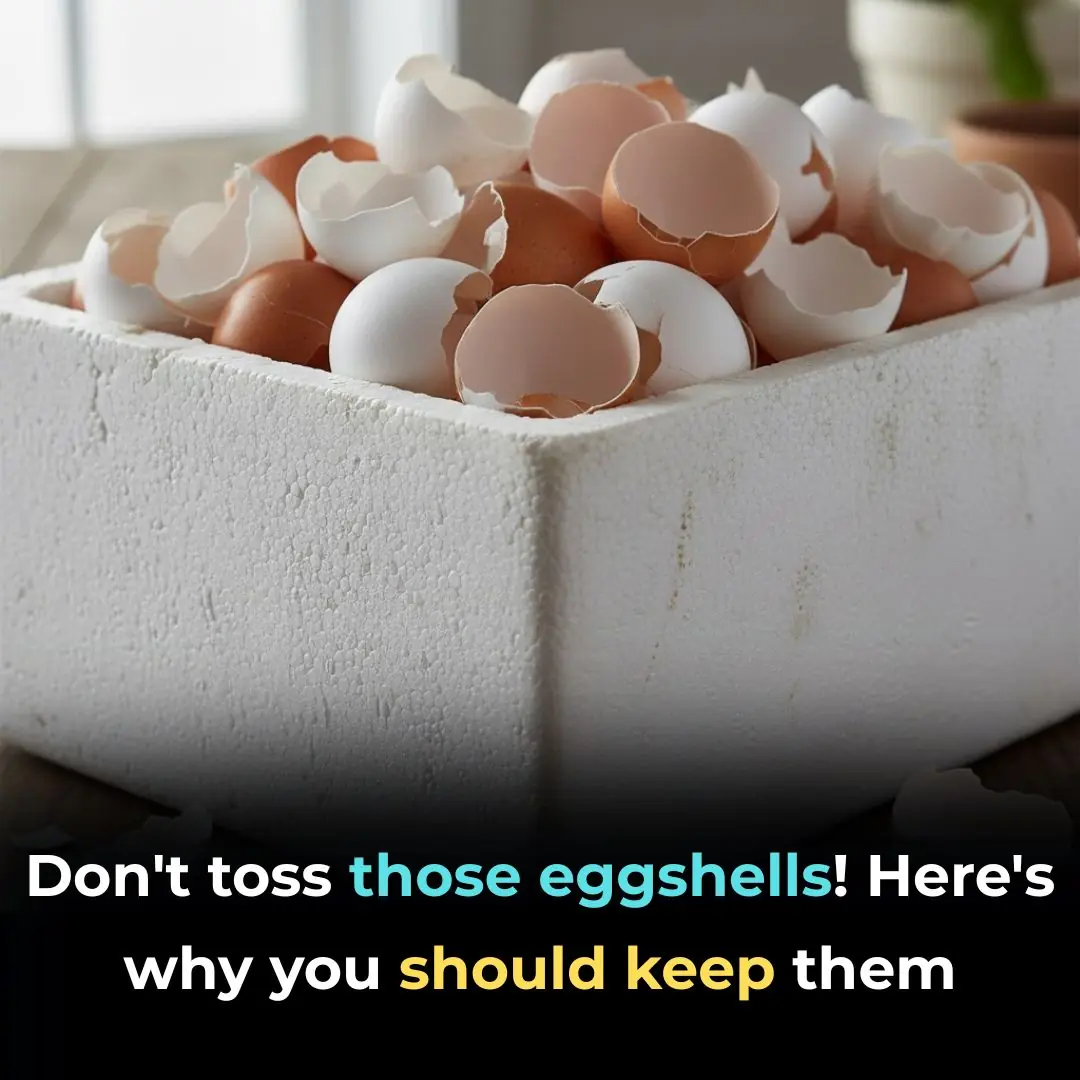
Should You Unplug the Rice Cooker After the Rice Is Cooked?
Using a rice cooker correctly not only ensures perfectly cooked rice but also helps extend the appliance’s lifespan. One common question many people still wonder about is: Should you unplug the rice cooker once the rice is done?
Although almost every household owns a rice cooker, not everyone uses it properly. Whether to unplug it or leave it on “warm” mode after cooking is a small but important decision that affects both the quality of your rice and your energy consumption.
Do You Need to Unplug the Rice Cooker After the Rice Is Cooked?
The short answer is: it depends on your needs and habits.
If you want your rice to stay warm and ready to eat at any time, it’s fine to leave the cooker on “warm” mode. However, if you prioritize energy efficiency and appliance longevity, it’s better to unplug it after cooking. Unplugging is always necessary once all the rice has been removed from the pot.
When cooking, the rice cooker operates in “cook” mode at high power, heating the water and rice until it boils and cooks through steam. Once the rice absorbs all the water, the cooker automatically switches to “warm” mode. This lower-power setting maintains the rice’s temperature, keeping it soft and fluffy instead of letting it cool down.
How the “Warm” Mode Works
The “warm” function uses minimal electricity — just enough to keep the rice at an ideal serving temperature without burning it. Thanks to this feature, you don’t have to worry about cold rice if your family eats at different times. For busy households, this convenience can be invaluable.
At a stable warm temperature, the rice remains moist and safe to eat for several hours. This is especially important in humid or hot climates, where cooked rice can spoil or develop bacteria quickly if left at room temperature. Moreover, the “warm” mode helps preserve the rice’s natural texture. Reheating cold rice often makes it dry, hard, or less aromatic.
However, keeping the cooker on “warm” for too long — usually more than 10 to 12 hours — can cause the rice at the bottom to dry out or form a crust. Over time, this may also damage the non-stick coating and reduce the cooker’s efficiency.
When You Should Unplug the Rice Cooker
Here are a few practical situations when unplugging is the better choice:
-
After the meal: If you plan to eat the rice immediately after cooking, you can safely turn off the cooker and unplug it. This saves electricity and avoids unnecessary heat buildup inside the device.
-
When you don’t need to keep rice warm for long: If the rice won’t be eaten soon, let it cool down naturally, then store it in an airtight container in the refrigerator. When it’s time to eat, simply reheat it in the microwave or steam it briefly to restore moisture.
-
After extended use: If your cooker has been in “warm” mode for more than 8–10 hours, it’s best to unplug it to prevent over-drying, reduce fire risk, and protect the appliance’s lifespan.
Using a Rice Cooker the Right Way
Proper rice cooker care ensures not only tasty, fluffy rice but also long-term durability and safety. Here are a few helpful tips:
-
Know your cooker type: Premium or modern rice cookers often feature intelligent “keep warm” functions that automatically adjust temperature. Traditional models, however, may overheat if left on for too long.
-
Keep the inner pot dry before cooking: Any leftover moisture under the pot can affect heating performance and even cause mild electrical issues.
-
Avoid keeping a small amount of rice warm: When only a little rice remains, the bottom layer may burn or dry out faster.
-
Clean after every use: Always wipe down the inner pot, lid, and steam vent after cooking. This prevents odors, mold, and residue buildup, ensuring your next batch of rice tastes fresh and clean.
-
Use a stable power source: Unstable electricity can damage the rice cooker’s heating element or internal circuit over time.
Final Thoughts
Whether or not you unplug your rice cooker after cooking ultimately depends on your lifestyle and eating habits. Leaving it on “warm” for a few hours is perfectly fine and convenient. However, unplugging it after meals — especially if the rice won’t be eaten soon — helps conserve electricity, reduces safety risks, and keeps your appliance in good condition.
By understanding how your rice cooker works and treating it properly, you’ll not only enjoy delicious, fluffy rice every time but also ensure the device serves your kitchen faithfully for years to come.
News in the same category


🌿 Add a Few Drops of Medicated Oil to Garlic — The Brilliant Household Trick Everyone Loves!

Did You Know That If These Arrive At Your House It Is a SIGN

Put a cotton ball with VapoRub in your ear & get this remarkable effect

7 foods to prevent premature gray hair, supplement every day to quickly grow long, black and shiny hair
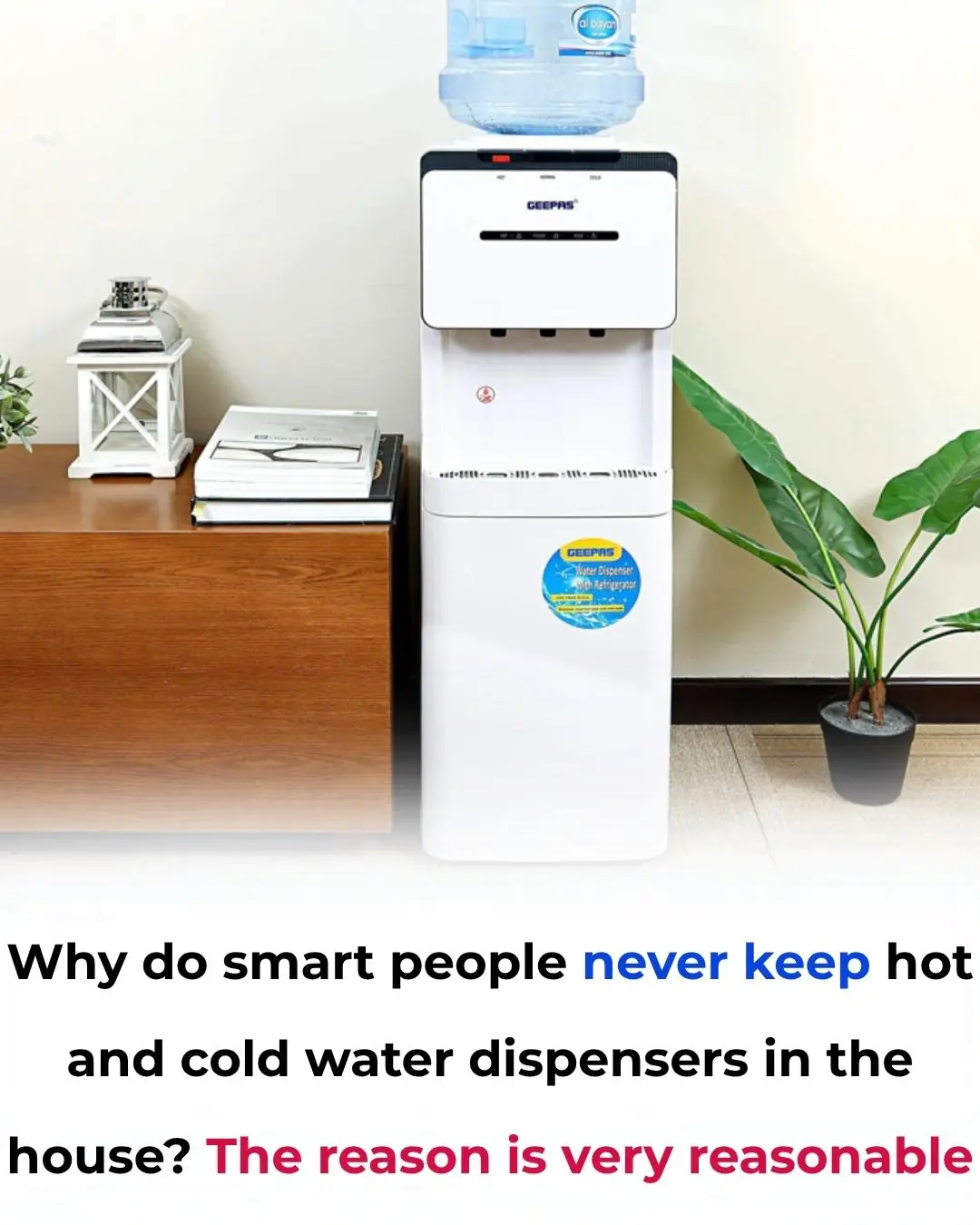
Why do smart people never keep hot and cold water dispensers in the house? The reason is very reasonable

Using 1 fruit in this way, the whole body will be cleansed without any trace, and will never dare to return

The Tiny Hole on a Safety Pin Has a Genius Hidden Purpose

Put Your Shoes in the Freezer — and Discover a Surprisingly Effective Trick
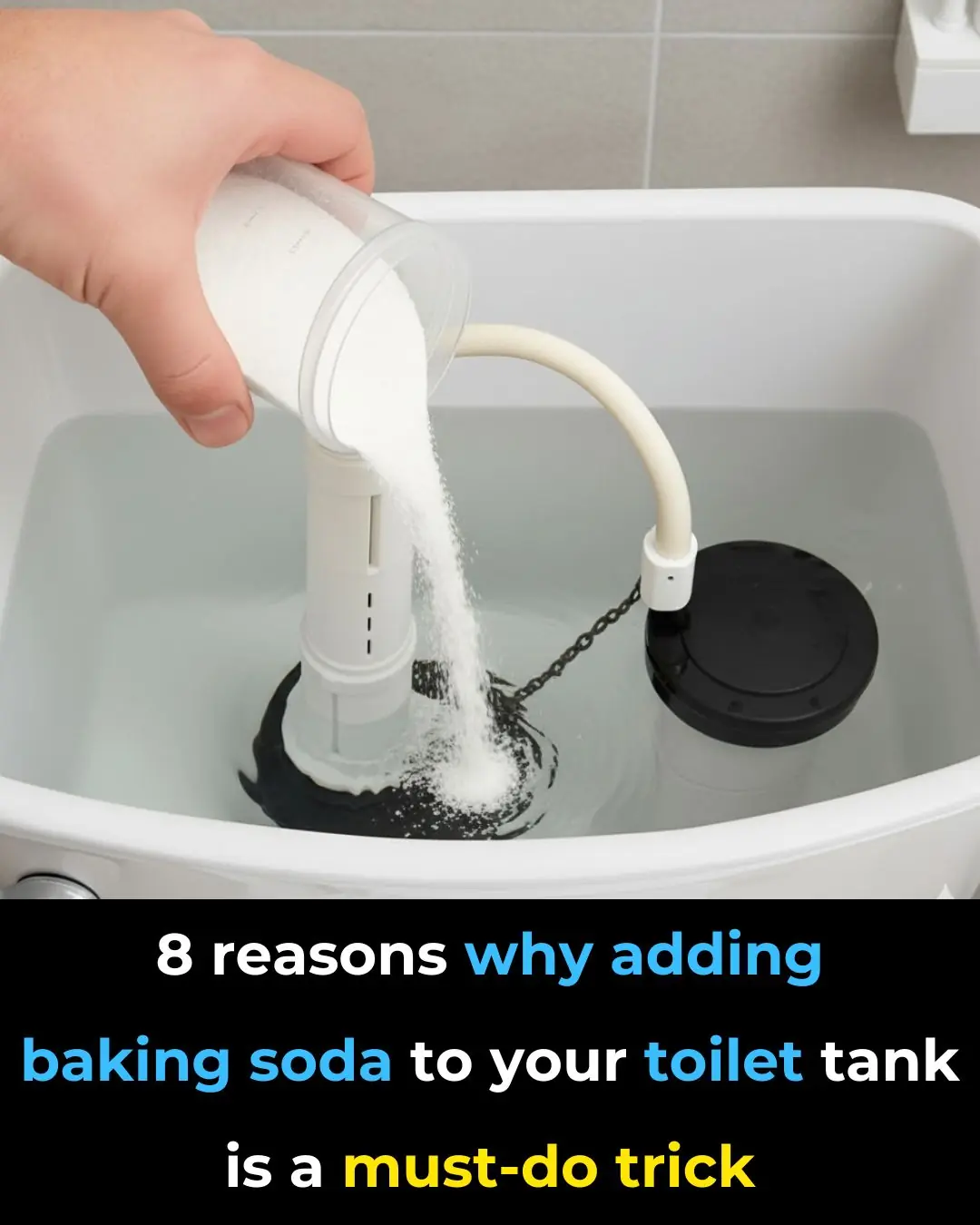
8 reasons why adding baking soda to your toilet tank is a must-do trick
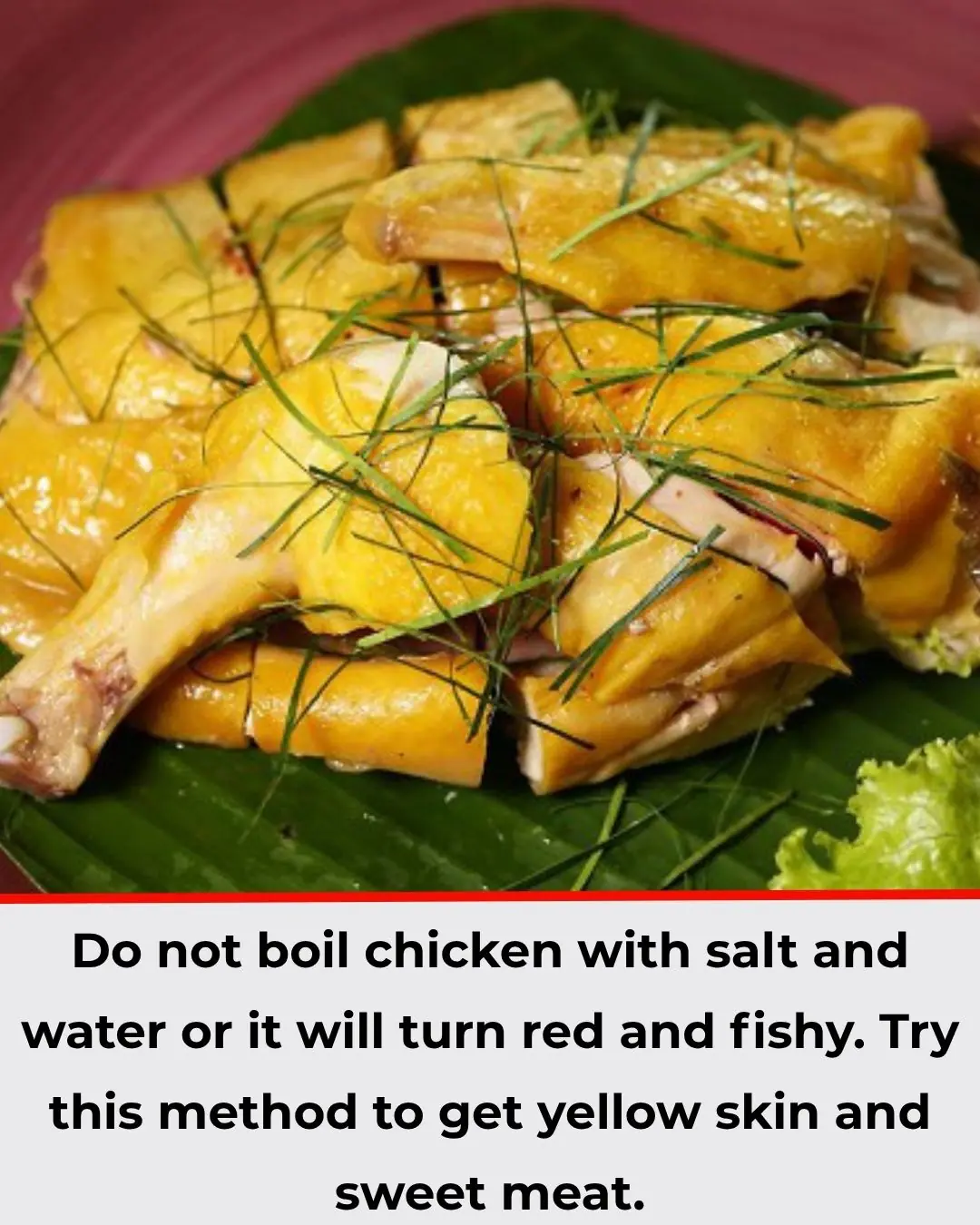
Don’t Boil Chicken with Just Salt and Water—Try This Method for Golden Skin and Juicy Meat
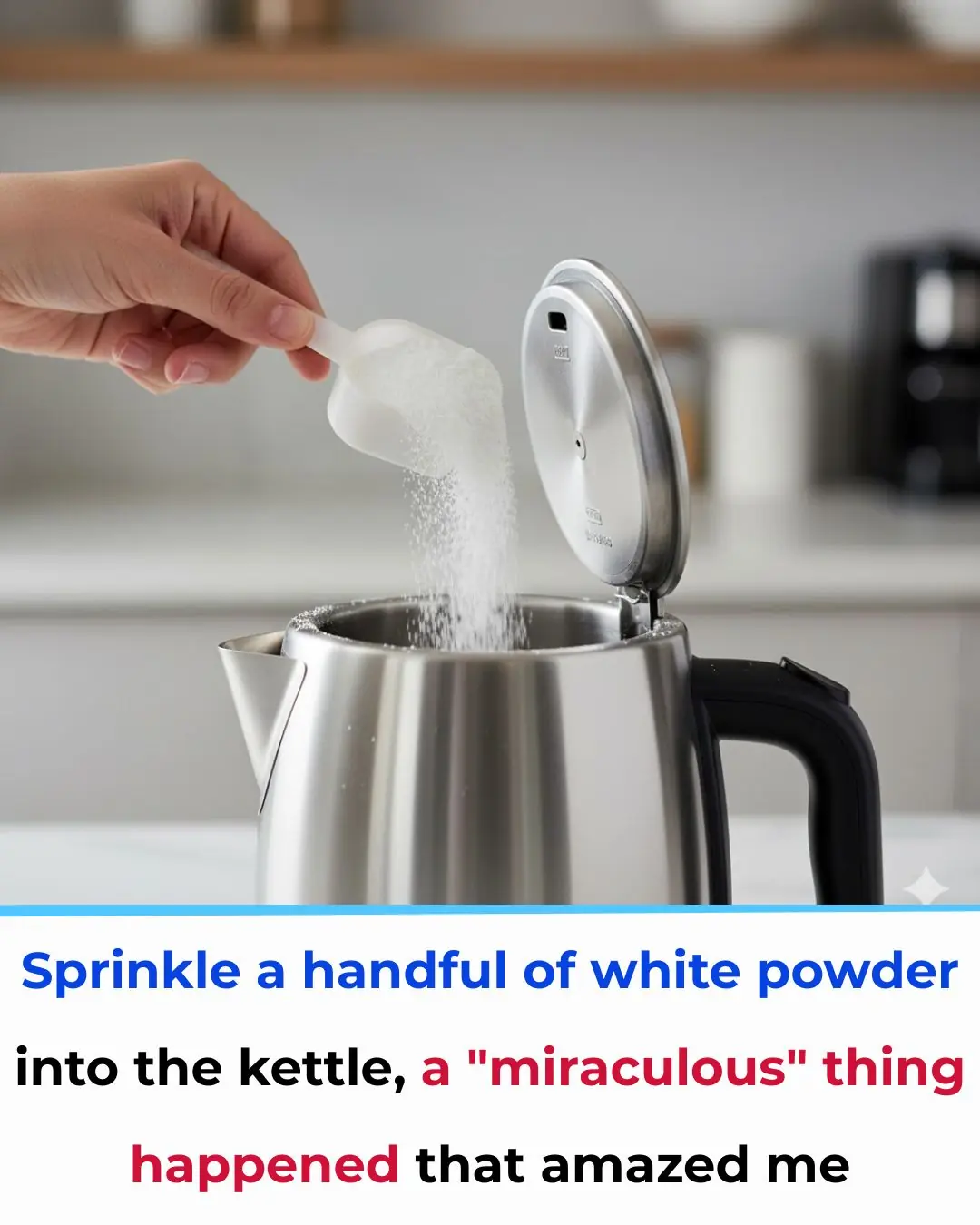
Sprinkle a Handful of White Powder into Your Kettle—The “Magical” Result Will Astonish You

Don’t Wash New Clothes with Soap—Soak Them in This Instead, and They’ll Keep Their Color for 5 Years

You are doing it all wrong. Here's how to drink 8 glasses of water each day
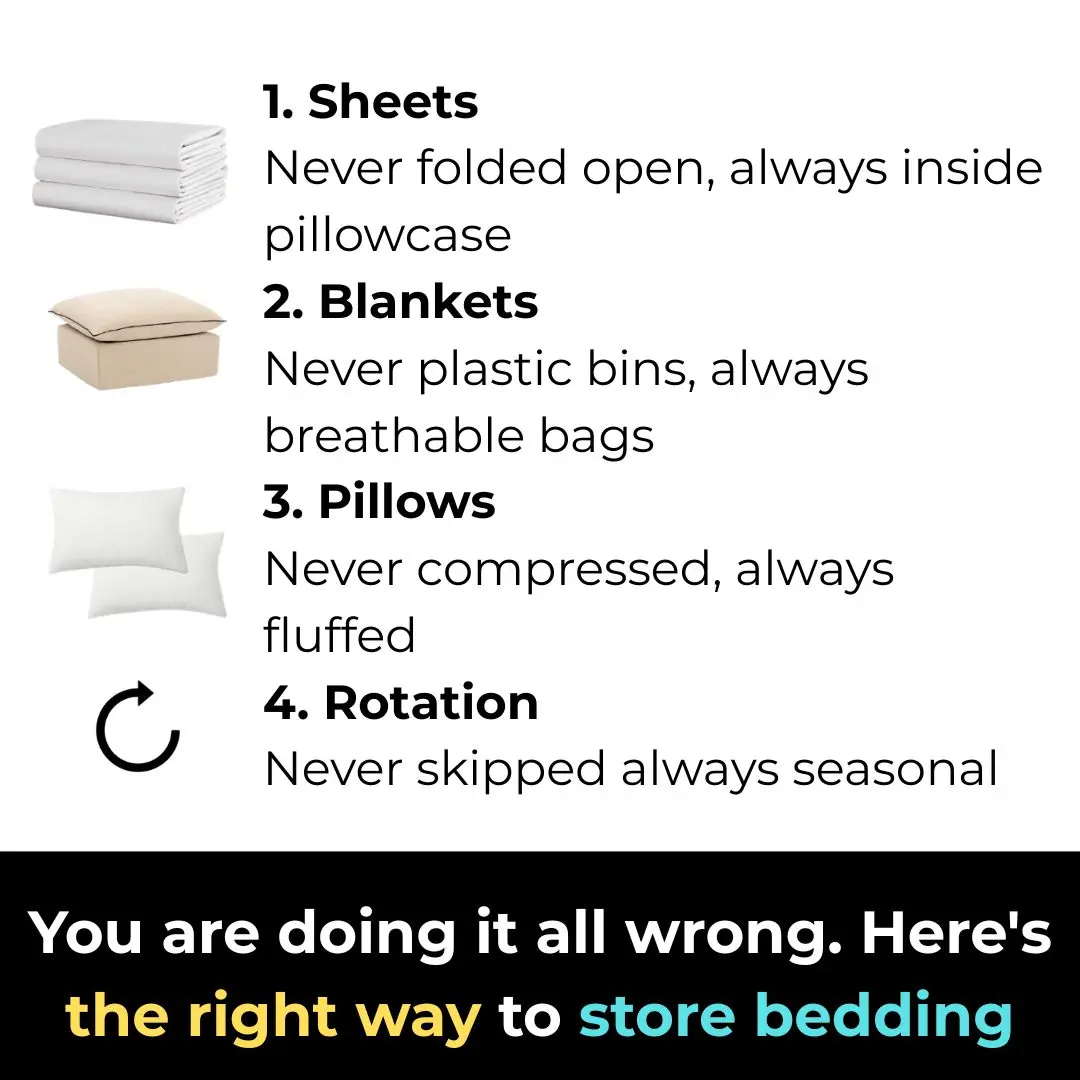
You are doing it all wrong. Here's the right way to store bedding
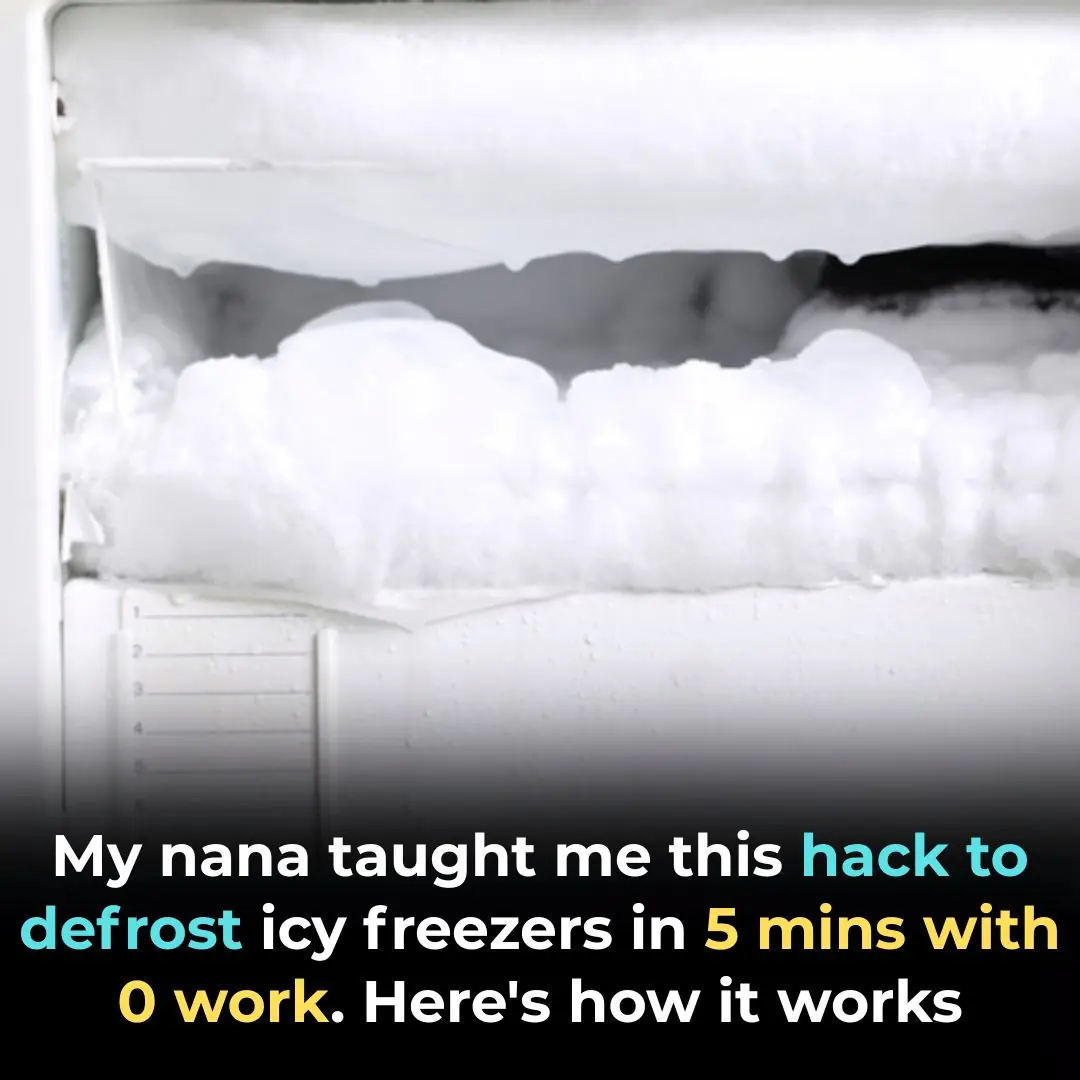
My nana taught me this hack to defrost icy freezers in 5 mins with 0 work. Here’s how it works
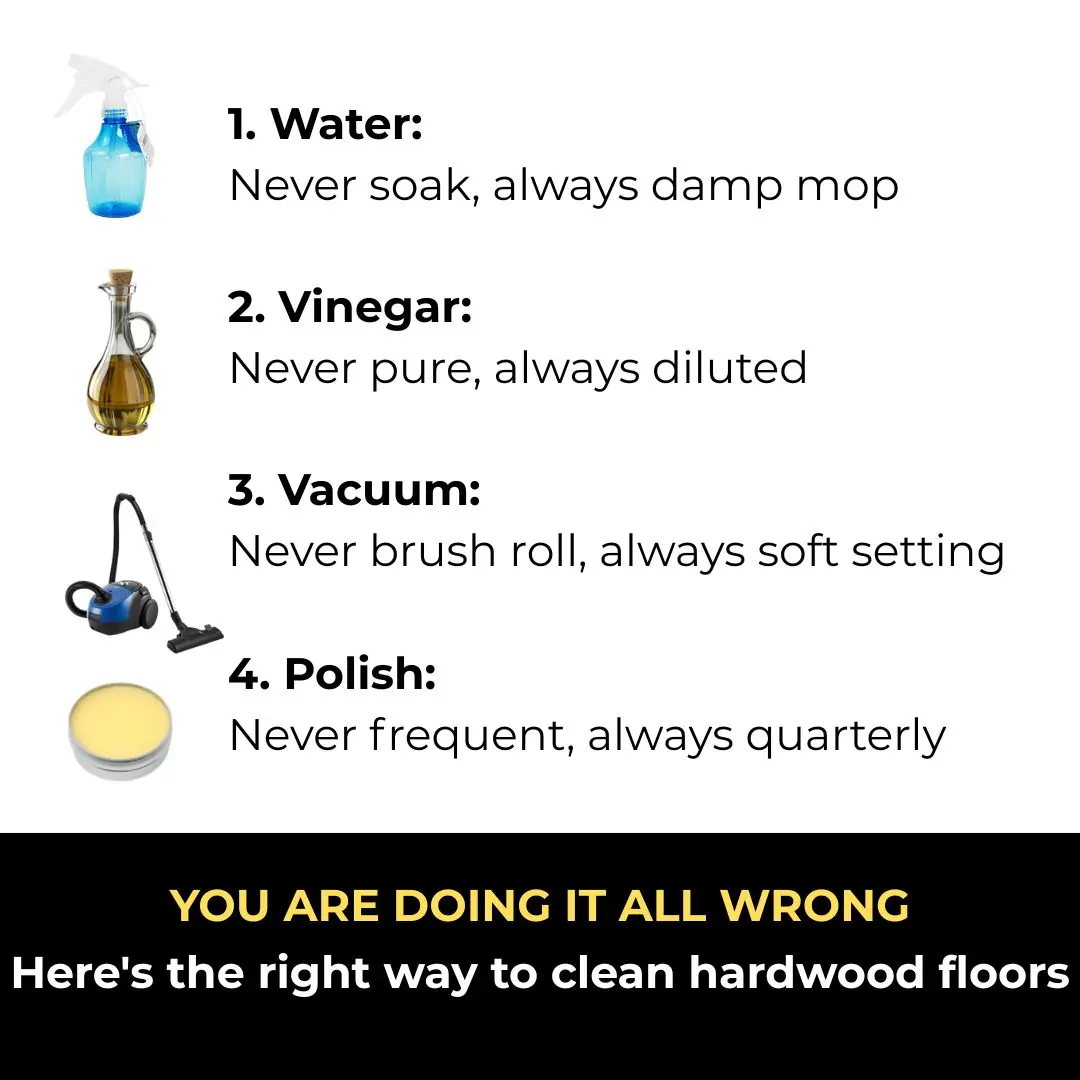
You are doing it all wrong. Here's the right way to clean hardwood floors Georgia Lynn Contributing Writer
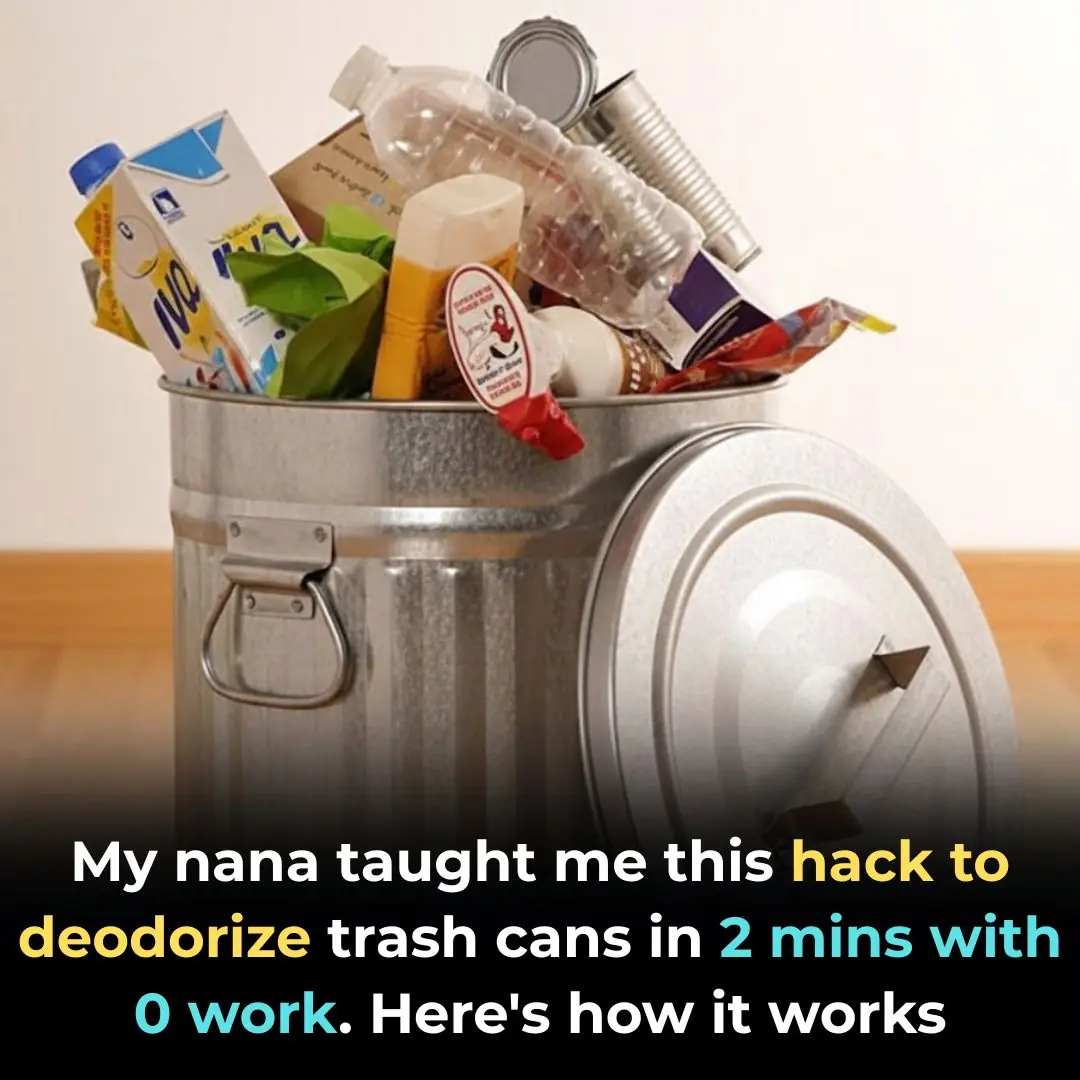
My nana taught me this hack to deodorize trash cans in 2 mins with 0 work. Here’s how it works
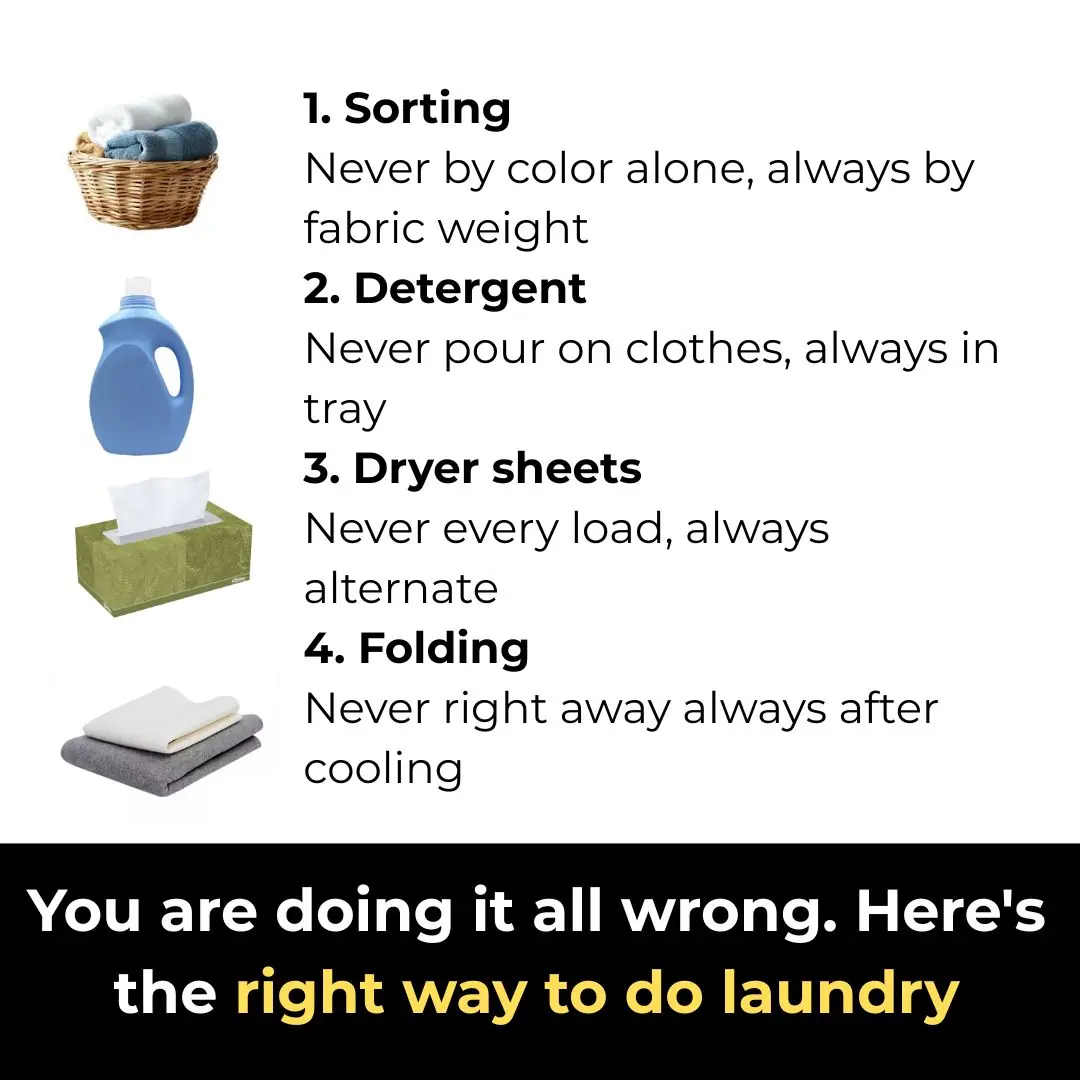
You are doing it all wrong. Here's the right way to do laundry
News Post

The Orange Peel Elixir That Cleanses Your Whole Body and Fights Diabetes, Cholesterol, and Blurry Vision

Stubborn Grass (Sporobolus indicus): The Resilient Weed with Hidden Healing Powers

Boost your hair growth with rice water ginseng hair spray

DIY Turmeric Gel For Ageless Skin: Unlock the Secrets of Radiant and Youthful Complexion

DIY Brow Boosting Serum: Thicken Eyebrows Naturally with Garlic, Castor Oil & Coconut Oil

Collagen Boosting Drink to Reverse Your Age: Get Spotless, Glowing Skin Naturally
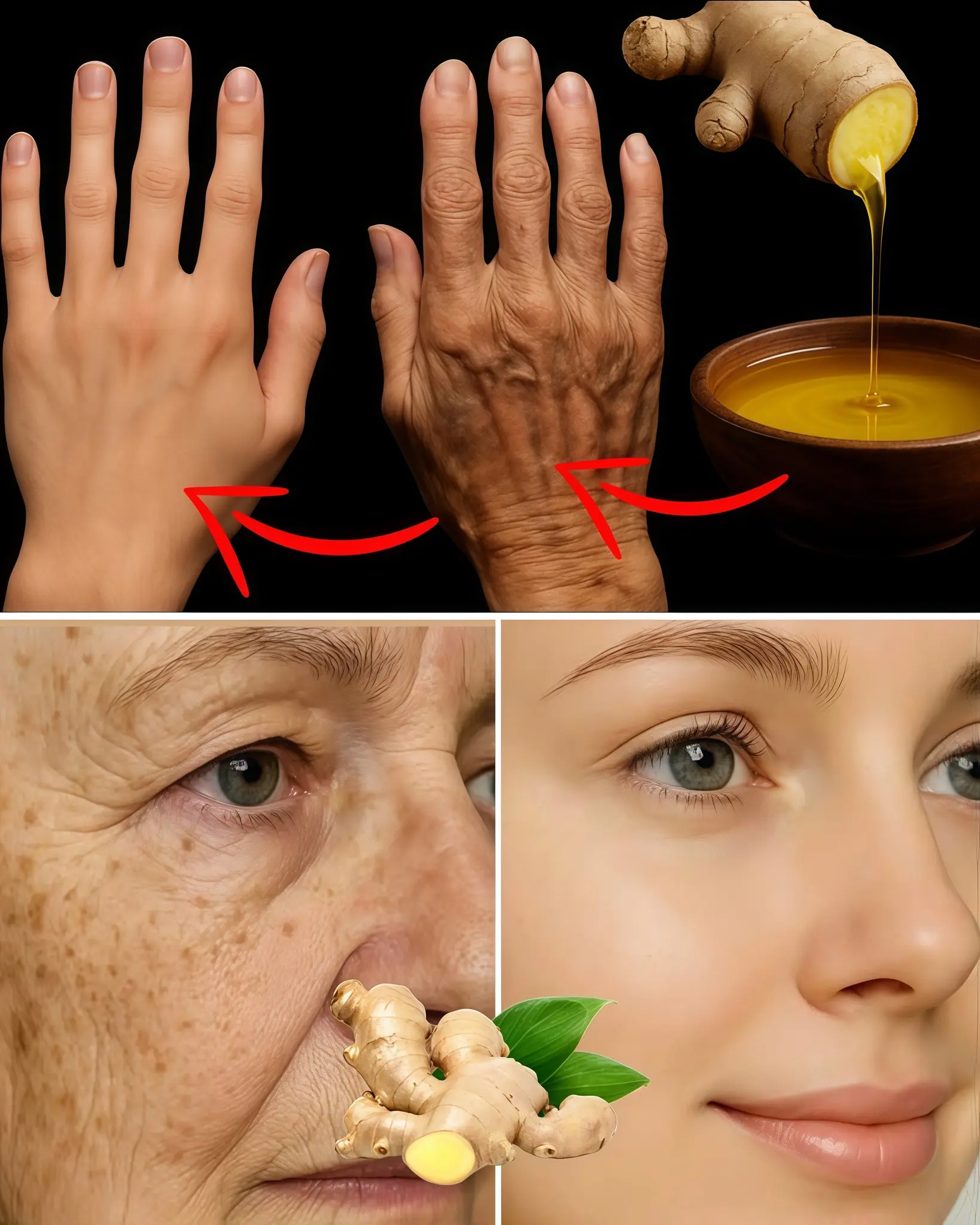
Ginger – 100 Times More Powerful Than Botox: The Natural Secret to Eliminate Wrinkles, Freckles, and Dark Spots

Clean Your Arteries Naturally with This Simple Homemade Juice — A Daily Tonic for Heart Health and Circulation

Red Onion Magic: The Little Kitchen Secret That Balances Blood Sugar Naturally

Cabbage Leaf Miracle: How to Relieve Joint Pain Overnight Naturally

End Knee Pain Naturally: The Secret Power of Ginger Doctors Don’t Tell You

Proven Health Benefits of Dates (Dried, Fresh, Medjool) – Science Based

Mouth Cancer: Symptoms, Causes, Stages, and Treatment

How to Cure Sciatic Nerve Pain: A Guide to Natural Remedies

Is It Safe to Stay Inside a Car During a Thunderstorm?
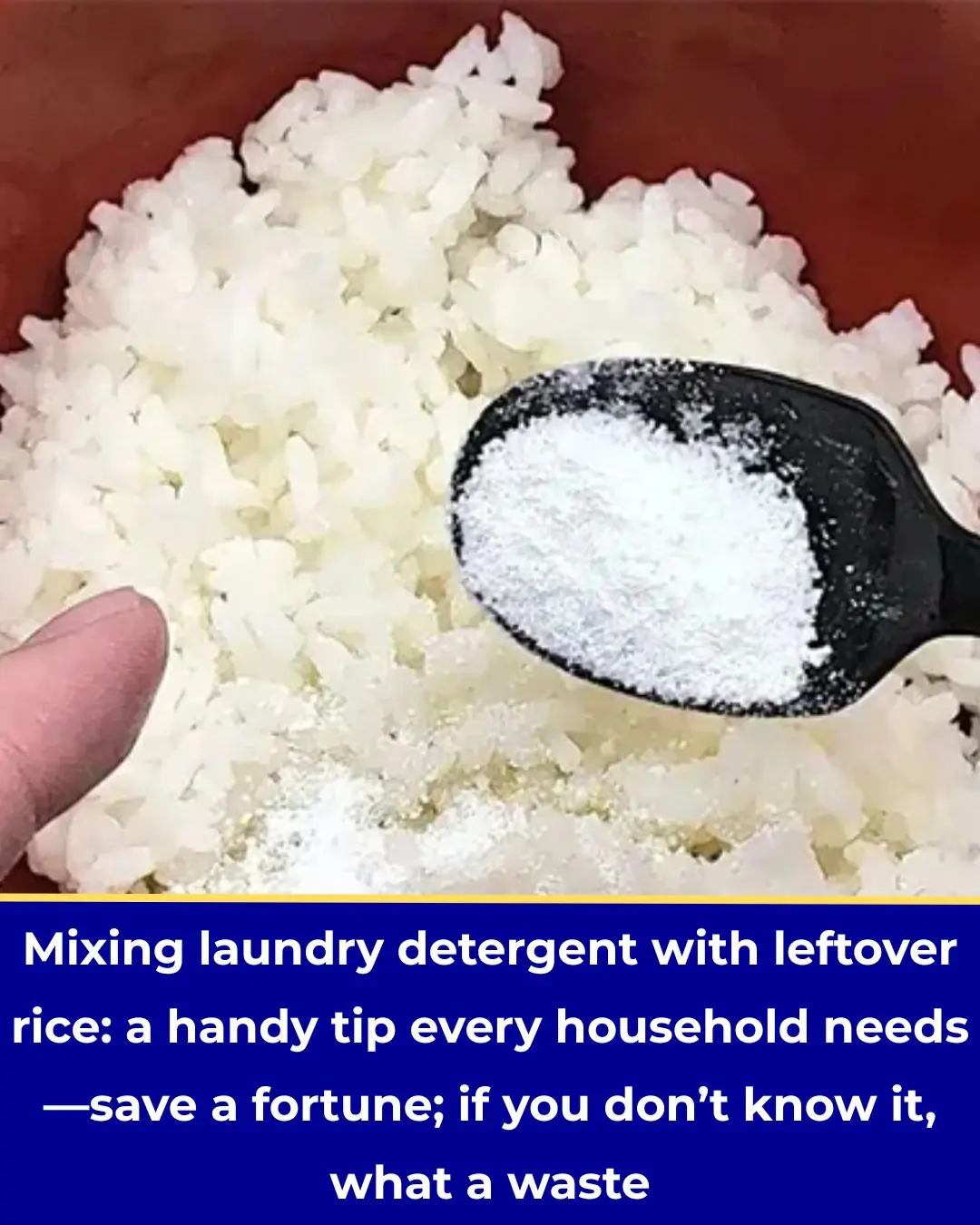
Mixing Leftover Rice with Laundry Detergent: A Surprising Cleaning Hack That Works Wonders

Houttuynia Root: The Overlooked Part with Powerful Health Benefits

Plastic Bottle Laundry Hack: How a Simple Trick Reduces Detergent Waste and Environmental Impact

Vinegar Is the Key to Streak-Free Windows and Shiny Surfaces — But Most Use It Wrong
